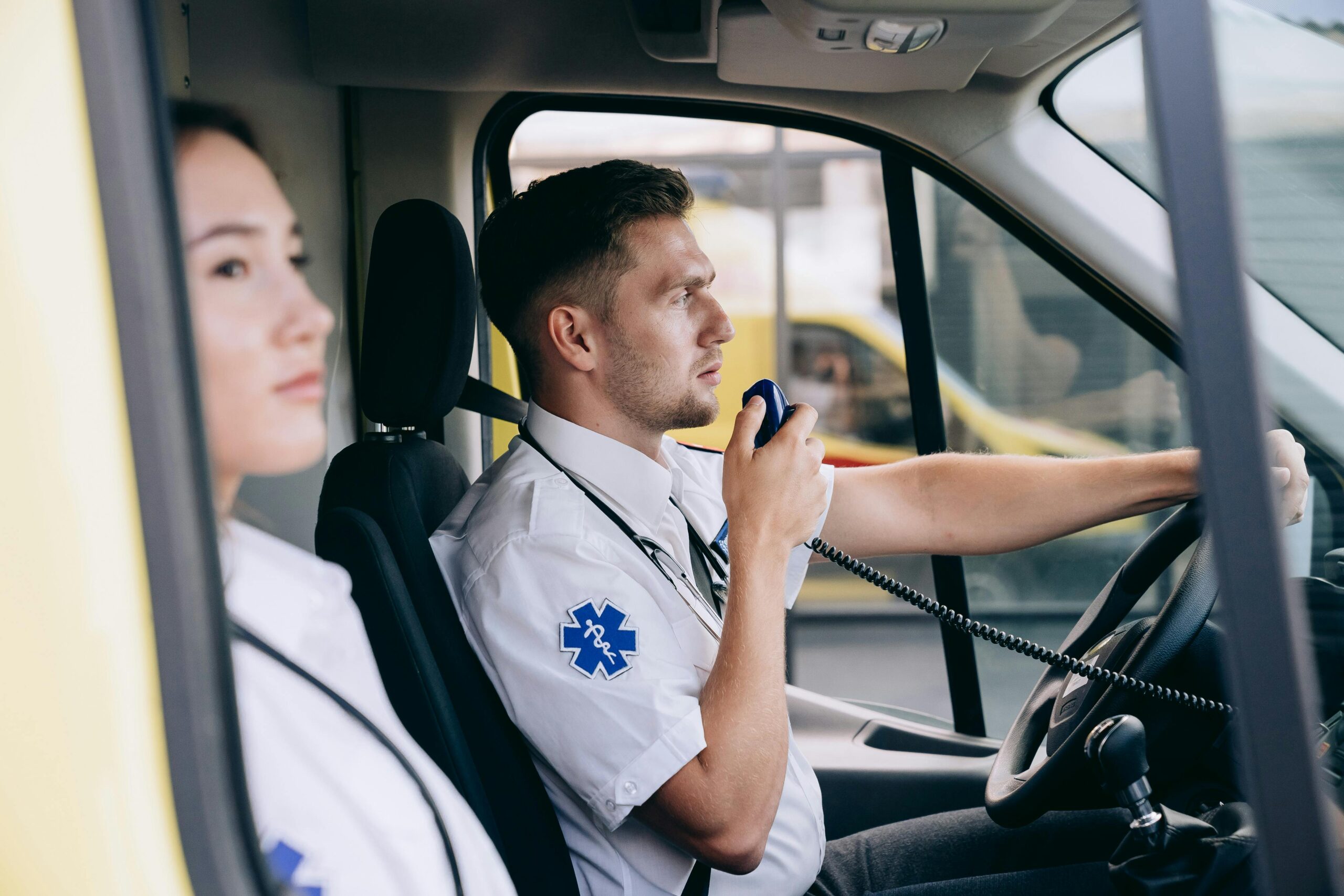When traveling, encountering unexpected emergencies without access to medical care can be difficult. Preparing for such situations requires understanding alternative steps to address health needs while minimizing complications. Here is more information on practical approaches to managing travel emergencies and the role of urgent care in these situations:
Preparing for Health Issues
Traveling often involves exposure to new environments, foods, and activities, increasing the likelihood of health challenges and the need for urgent care. Before embarking on a trip, take precautions. Research local healthcare services in your destination, including nearby clinics, hospitals, or pharmacies that offer walk-in services to travelers. Store emergency contacts, such as the local emergency hotline number and the nearest embassy or consulate, where they are easily accessible.
Packing a well-equipped medical kit is helpful for handling minor injuries or illnesses. Include common items such as pain relievers, basic first-aid supplies, any prescription medications, and necessary medical documents. These steps help stabilize minor conditions or manage ongoing health conditions while abroad. Keep electronic copies of medical histories, prescriptions, and any recent diagnostic test results. Having this documentation available can expedite treatment processes by providing healthcare providers with the information they need to make informed decisions.
Seeking Immediate Medical Care
Emergency situations, such as injuries or sudden illnesses, may require medical care that exceeds what a travel kit can provide. Begin by identifying healthcare facilities in your area that accept walk-in patients. Tourist hotspots often have clinics or urgent care centers suited to assisting short-term travelers. Facilities that cater specifically to international patients are an effective starting point, as they are familiar with treating out-of-network visitors.
When seeking care, be sure to communicate effectively with healthcare providers. Explain your symptoms in detail and provide copies of any medical documents to help guide clinical assessments. Be prepared for potential language barriers by carrying a translation app or guide, which can simplify communication. Before leaving, request itemized receipts and detailed medical reports. This documentation is beneficial if medical expenses need to be recovered upon returning home.
Payment for services may come out of pocket in cases where medical claims cannot be processed immediately. Credit cards often provide international payment options and can prove helpful during emergencies. Explore whether your card offers reimbursement or travel protections linked to medical expenses, as not all cardholders are aware of these benefits.
Reducing Future Risks During Travel
Setting up contingency plans improves preparedness for future situations. After addressing an emergency, evaluate initial insurer communication policies and look into advocating for any reimbursements post-treatment. Contact insurers to understand their specific requirements for claim submissions, even if you plan to appeal at a later time.
Stay informed about travel-specific protection plans or additional coverage that extends claims or reduces out-of-pocket costs abroad. Certain types of travel insurance offer flexible plans specifically suited to unpredictable itineraries. Policies catering to travelers often include medication delivery or telehealth services, both of which avoid needing physical appointments altogether.
Maintaining a digital library of web-based healthcare resources helps, too. Apps and websites providing self-diagnostic tools or telemedicine services allow travelers flexibility when deciding whether in-person care is fully necessary. Staying engaged with preventative measures reduces repeat emergencies while traveling internationally.
Find Urgent Care
Travel emergencies without immediate access to medical care can create challenges, but preparedness enables travelers to act efficiently. Researching local healthcare services, organizing clear medical records, and building flexible first-aid strategies enables initial preparedness. When encountering sudden health issues, seeking appropriate walk-in care, leveraging credit options, and utilizing travel assistance services provides effective solutions. Post-travel steps, such as exploring supplemental policies and maintaining preventative approaches, reduce the likelihood of similar issues. Taking these steps in advance empowers travelers to handle emergencies abroad with confidence and control.


Leave a Reply